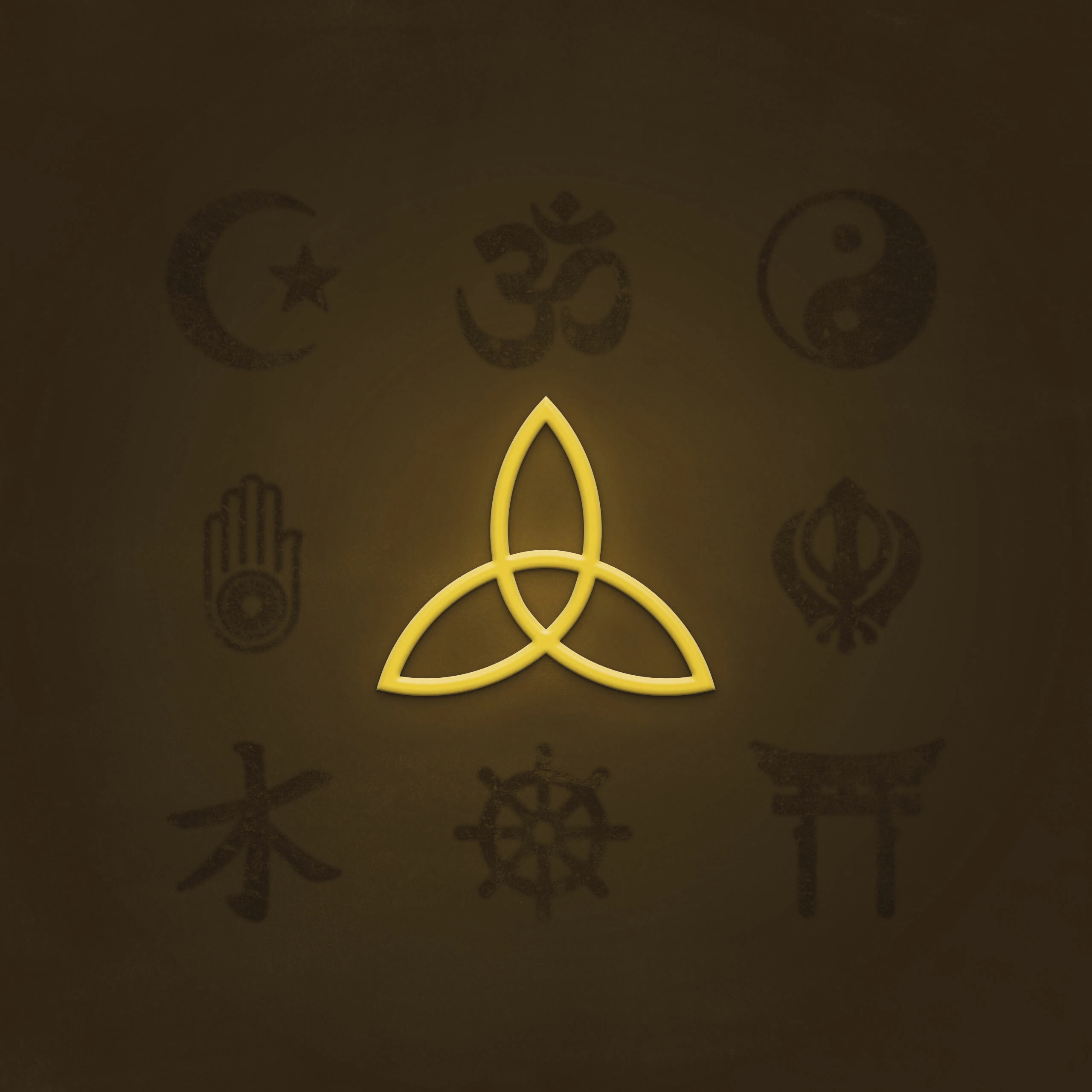What Is Monotheism?

Human beings are incurably religious. Across the globe, people follow one of the several major world religions, the innumerable sects that continue to branch off from these religions, or even religious systems that have not yet been documented. Every religion seeks some kind of reconciliation with what we may call “ultimate reality,” the source of all that is. This ultimate reality is conceived of as either impersonal, such as in several Eastern religions, or as personal, such as in those religions that worship a personal God or many individual personal gods.
Of the religions that worship an ultimate reality that is personal, we can classify them as either affirming monotheism, henotheism, or polytheism.
Varieties of Theism
Understanding monotheism requires us to know its definition as well as the definition of other varieties of theism. The term monotheism comes from the Greek words monos (“one, single, only”) and theos (“god”), and it holds that only one true God exists and is to be worshiped. Perhaps the most well-known monotheistic religions are the so-called Abrahamic religions—Christianity, Judaism, and Islam.
Polytheism derives its name from the Greek words polys, or many, and theos. A religion that holds to polytheism, then, is a religion that worships more than one god. Many people are familiar with polytheistic religions such as those of ancient Greece and Rome with their many gods, including Zeus, Athena, and Mars. We find polytheism also represented today in some varieties of Hinduism and the Church of Jesus Christ of Latter-day Saints, also known as Mormonism. Polytheistic faiths often become henotheistic in practice.
A devotee of henotheism worships one supreme god without denying the existence of other lesser gods. The term comes from the Greek words hen, or one, and theos. Polytheistic religions often become henotheistic by emphasizing one of their deities above the others. For example, some Hindus devote themselves to Brahma, Shiva, or Vishnu above the other gods.
Varieties of Monotheism
Although all monotheists believe that there is only one true God, not all monotheists agree on how this one personal God exists and who He is. Essentially, there are two varieties of monotheism: Unitarianism and Trinitarianism.
Unitarianism affirms that there is one divine essence—that which makes God who He is as God—and one divine person who subsists in that essence. Judaism and Islam are examples of religions that affirm a unitarian monotheism. In each of those religions, God is a singular person who existed alone before all things. He was in a relationship with no one before creation because there was nothing else in existence for Him to relate to. To be in a relationship of love and communion with other persons, therefore, is not fundamental to who God is. Consequently, religions such as Islam do not really teach that human beings can be in a personal relationship with God. He is often viewed as so transcendent that He would never come near His creation in any meaningful way.
We know that the only true God is in fact the Holy Trinity.
Trinitarianism, on the other hand, says that there is only one divine essence but that three eternally distinct persons subsist within this essence. This form of monotheism is unique to genuine Christianity, which confesses that there is one God in three persons—Father, Son, and Holy Spirit. Because the three are the one true God, each person possesses the divine essence completely. It is not as if each person constitutes a third of God and that you add all three together to get the one God. Instead, each person is truly and fully God, and each person is identical in His attributes to the others. So, the power of the Father is identical to the power of the Son is identical to the power of the Holy Spirit. The knowledge of the Father is identical to the knowledge of the Son is identical to the knowledge of the Holy Spirit. This is true of all the divine attributes.
Although the three persons of the one God are the same in essence, they differ in terms of what are called their personal properties or relations of origin—and this is the only way in which they differ. The Father is eternally unbegotten, the Son is eternally begotten of the Father, and the Holy Spirit proceeds eternally from the Father and the Son. These properties distinguish the persons without dividing the essence. Consequently, God, from all eternity, has existed as three persons in one essence, and the Father, Son, and Holy Spirit have eternally loved one another. God is transcendent and thus very different than us, but He is also relational by nature and has freely chosen to come near to us. He came most near to us when the Father sent His only-begotten Son in the power of the Holy Spirit to assume a human nature. This Son is the Lord Jesus Christ, one person who is both truly God and truly man.
Conclusion
Monotheism affirms that there is only one true God, but different monotheistic religions have different understandings of this one true God. We know that the only true God is in fact the Holy Trinity. The true God is one in essence and three in person—Father, Son, and Holy Spirit. Christians are baptized into the triune name of this one God so that they will glorify and enjoy Him forever (Matt. 28:18–20).

